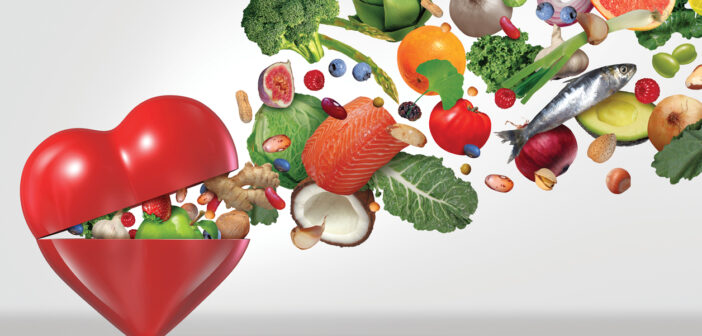It’s been said, “Always listen to your heart” – and that’s good advice, not only when making an important decision but also concerning when, what and how to eat. For many years, February has been observed as American Heart Month; therefore, it’s a time to make sure our self care includes taking extra care of our hearts.
Food for a Healthy Heart
Dysfunction of the heart is linked with major diseases such as high cholesterol, weight gain, diabetes and high blood pressure. In order to minimize the effects of these deadly diseases, a balanced but healthy diet for the heart is vital. This article will look closely at nutritionally key foods.
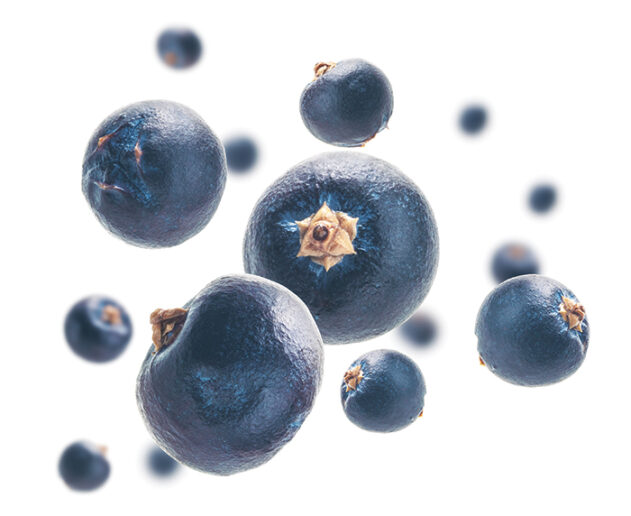
ACAI BERRY
Full of anthocyanins along with flavonoids, the acai berry also contains polyphenols, phytosterols, monounsaturated fatty acids and polyunsaturated fatty acids. Acai is known for its nutritional, healing and wellness properties and is also considered a beneficial health food or supplement because of its antioxidant, antibacterial, anti-inflammatory and antimutagenic properties, which are necessary for supporting our cardiovascular system.
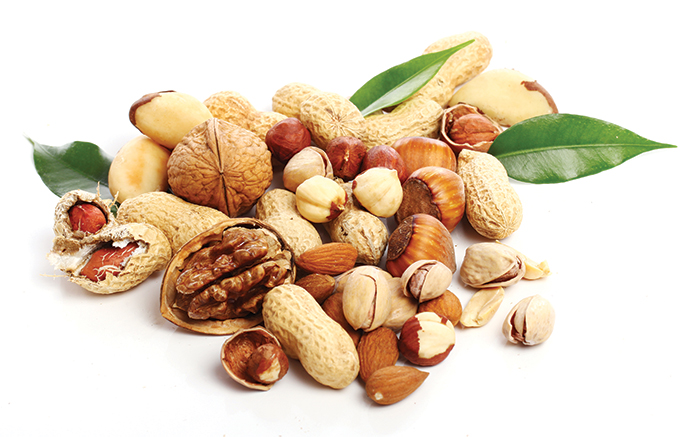 NUTS
NUTS
Eating nuts can help mitigate the risk of developing a high level of low-density lipoprotein (LDL), also known as “bad cholesterol.” They are rich in phytosterols which interfere with intestinal cholesterol absorption and result in decreased LDL. Consuming a cup of nuts daily reduces the chance of high LDL concentration by 15%. Nuts are cholesterol-free and also contain substantial quantities of protein and essential micronutrients.

SUGARCANE
A sugarcane wax extract, policosanol, helps rapidly in minimizing LDL cholesterol values. Moreover, sugarcane is a good source of potassium and helps reduce pressure in blood vessels and arteries, thus balancing the blood pressure and reducing atherosclerosis and heart attack risk.
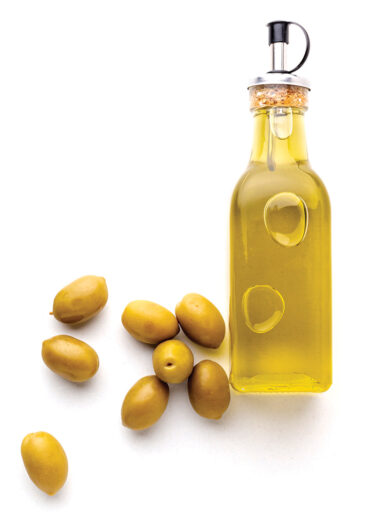 OLIVE OIL
OLIVE OIL
The omega-6 monounsaturated fatty acid and oleic acid (omega-9) present in olive oil are key elements of cardiovascular (CV) assistance. Studies show that olives are strong antioxidants and also have anti-inflammatory and antithrombotic (reduces blood clot formation) properties.
 FISH
FISH
Studies show that a diet including regular fish consumption lowers blood pressure and has a significant impact on cardiovascular health. Fish are a rich source of omega-3s, vitamin D and selenium and being low in saturated fat and high in protein, fish is a good option for overall heart and blood vessel health which reduces heart attack risk.
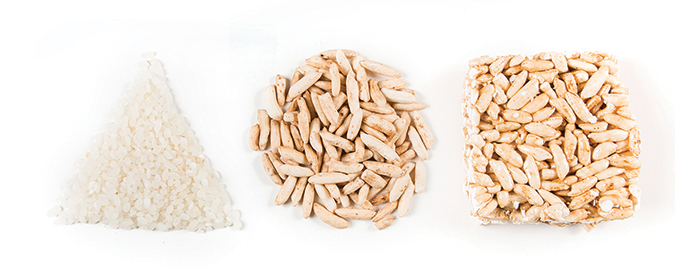 WHOLE GRAINS
WHOLE GRAINS
Grains such as wheat, brown rice, barley and oats are considered tonic for a healthy heart. A good source of fiber, vitamins and minerals, whole grain foods are responsible for reducing heart disease risk by 30% and can reduce cholesterol (total and LDL) and blood pressure.

VEGETABLES
Beets, winter squash, leafy greens, cauliflower, sweet potatoes, etc. are highly recommended for improving heart health. These vegetables are high in fiber and protein and low in fats. In addition, the presence of high vitamin K, a fat-soluble vitamin, is vital for cardiovascular health as it protects arteries and promotes healthy blood-clotting.
FRUITS
Our hearts require minerals like potassium, magnesium and also vitamin C. There are easily available fruits that lower the blood pressure and are like a remedy against heart diseases. They include bananas, avocados, oranges, grapes and tomatoes.
 ALCOHOL
ALCOHOL
Limiting alcohol consumption has beneficial impacts on the heart. Red wine links with heart wellness as it contains antioxidants that prevent coronary artery disease. The polyphenols in alcohol decrease “bad” cholesterol (LDL), increase “good” cholesterol (HDL) levels and reduce triglycerides in the blood.
CONCLUSION
A heart-friendly diet must include whole grains, vegetables and fruits, and exclude excessive amounts of meat and meat products along with refined sugars and processed foods. Plant-based diets have been associated with numerous health benefits including reduced risk of cardiovascular disease. These foods contain a high content of dietary fiber, complex carbohydrates, vitamins, minerals, polyunsaturated fatty acids and phytochemicals.
As a major organ of the human body, the heart requires special treatment so that the whole body can function properly; and that can be achieved by eating heart-healthy foods every day.

